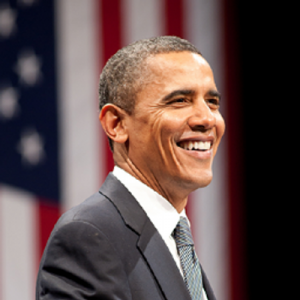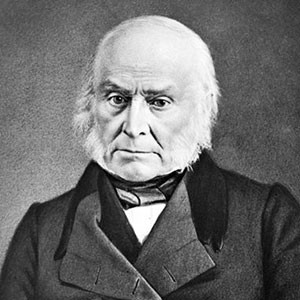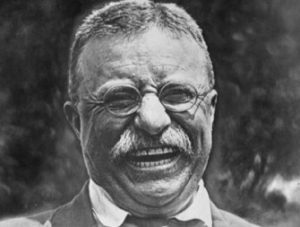Pretend the past is a card dealer. It just dealt out a pair of potential Obamas at the table of Trump.
Without doubt, the Presidency of Donald Trump will be affected by the post-Presidency of Barack Obama. This will be one of the most important and fascinating aspects of the next Stretch of River, the next set of years. Obama is young, healthy, ambitious, and eager to seal a legacy.
The past reveals two paths ahead for Barack Obama.
One is John Quincy Adams, defeated for the presidency by Andrew Jackson, the first Donald Trump. Adams did what no president had done before or since—two years after losing the election of 1828, he sought and won election to Congress, representing a district in Massachusetts in the House of Representatives. Adams did some of the most significant work of both his life and his leadership while a member of Congress. He helped lead the anti-slavery cause for seventeen years in Congress.
Second is Theodore Roosevelt. Unlike Adams, Roosevelt left the White House on his own, after completing a second term in 1908. His hand-picked successor, William Howard Taft, won the presidency that year. However, Roosevelt became increasingly disenchanted with Taft’s performance. Finally, unable to sit on the sidelines (an impossibility for Roosevelt in every case), Roosevelt jumped into a four-way election campaign in 1912. Roosevelt finished third in that election behind Taft and the winner Woodrow Wilson (whose presidency will, I believe, resembled Trump’s).
But that wasn’t the end of it. When World War I exploded in Europe, Wilson declared and for months maintained American neutrality in the conflict. That stance enraged Roosevelt. Roosevelt wrote articles, delivered speeches, and organized efforts to nudge the US into the war. He blasted Wilson at every turn. And after the US finally did enter World War I—a story that pertains to Wilson’s connection to Trump—Roosevelt sought Wilson’s permission to organize a military unit and join the fighting. Wilson refused.
The post-Presidencies of Adams and Roosevelt are key examples for Barack Obama and a likely pattern for his response to the Trump Presidency. Both Adams and Roosevelt felt passionately in their opposition to the current President. As Obama is doing and will continue to do, they engaged with colleagues and supporters to advocate for policies different from those of the White House. They tried to impact the American political world. They didn’t stop there, however, and chose to accept the risk of formal candidacies to pursue their beliefs. Both leaders tackled the single defining issue of their time—slavery in Adams’s case and global involvement in Roosevelt’s case.
Current reports in the first quarter of 2017 reveal a large amount of under-the-table dealings by officials from the Obama Administration. Leaks, bad as they’ve been, are likely the least of it. My advice to Barack Obama is this: follow the examples of John Quincy Adams and Theodore Roosevelt—be as active as you wish but be open and above-board in your activism; run for elected office if you desire, but don’t let Washington DC’s version of drones do the work for you.
Action-Point: a formal return to elected office for Barack Obama would have a major impact on the Trump Presidency and would be a powerful mark of his own leadership.
Next time: yes, again, I pledge to pick up the topic of the mid-1850s and their dramatic connection to 2017.










